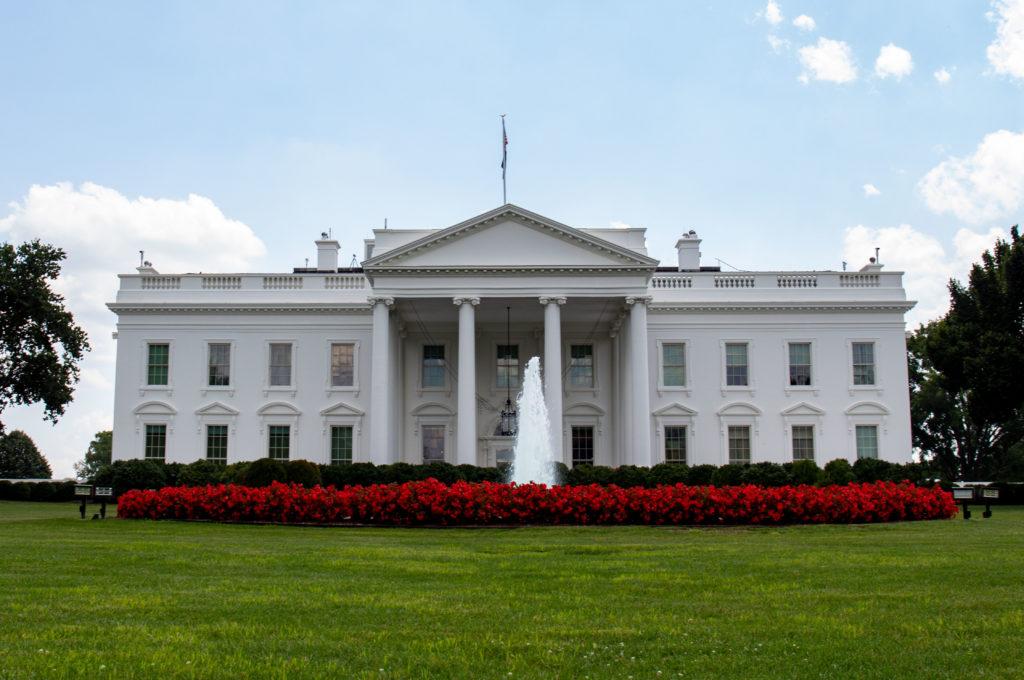GW researchers earned a $2.2 million grant from the National Cancer Institute to study the impact of ancient viruses in certain cancers for patients with HIV, according to a University release.
Douglas Nixon, the chair of the microbiology, immunology and tropical medicine department in the School of Medicine and Health Sciences, will work with Eduardo Sotomayor, the director of the GW Cancer Center to study how the ancient Human Endogenous Retroviruses, or fossil viruses that have become part of the human genome over millions of years, factors into certain cancers for HIV patients, as well as why certain cancers are more prevalent in HIV patients than in patients without HIV.
The GW Cancer Center also provided seed funding for the research, according to the release.
Nixon said in the release that he is not primarily a cancer researcher, but that HIV and AIDS research can lead to understanding about biology and cancer mechanisms.
“I believe this project shows the importance of seed funding, but also of cross-disciplinary work – something GW has made a priority, allowing people from different fields to come together and talk to each other in ways many large institutions do not,” Nixon said in the release. “I am delighted to be joining the cancer research community and to work with the GW Cancer Center.”
Nixon and his team of researchers have looked extensively at these ancient viruses over the past decade, creating a program called “Telescope” that can determine where the ancient viruses exist in HIV patients and which ones are expressed in cancer patients with and without HIV, according to the release. Nixon and his team believe that HIV may reactivate some of these ancient viruses as well as the anti-virus immunity, which can be expressed in some cancers.
Sotomayor said in the release that he thinks the research will have significant implications.
“We believe this research will have major implications for cancer research, and in the future, cancer patients,” Dr. Sotomayor said.







